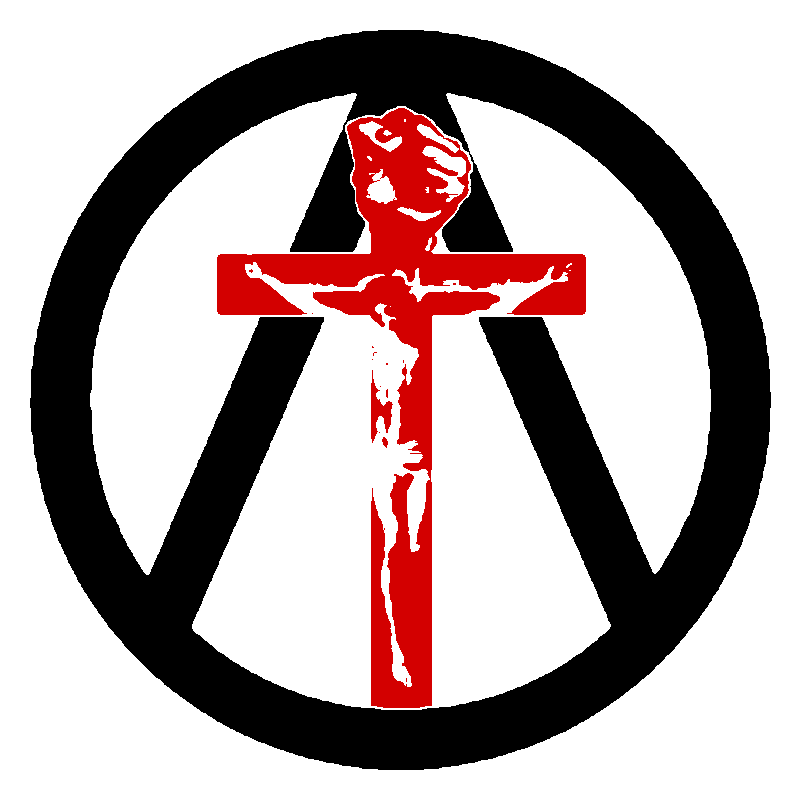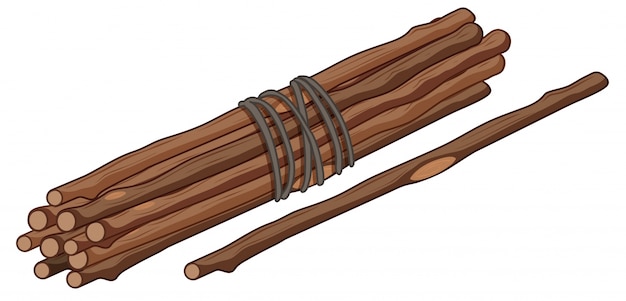Sicilian Fasci(sm), aka Fasci Siciliani
If you think that a socialist movement using fasces symbolism was as confusing as this would get, boy are you in for a surprise.
What it is
To give a brief history: In the late 19th century Sicily was, if not outright feudal then at least highly influenced by its recent feudal past. A whole lot of wealth, land and political power was still highly concentrated in the hands of the (former) aristocrats and what wasn’t was often owned by the new middle-class which descended from the old middle-class. The peasants were, understandably, pretty unhappy with this and the worldwide agricultural depression going on at the time certainly didn’t make them less angry.
At the time left-wing solidarity organisations, known as worker bundles or fasces, were enjoying some success and popularity in mainland, center-north Italy so when the Sicilian peasants began planning their protest against both the aristocrats and the government that supported them, they organised themselves as a fasci. Like most other labour actions in history, it ended up being violently put down by the government – nothing special there, history moved on.
But what makes the Fasci Siciliani notable, and different from other failed labour movements, is that it effectively represents a halfway point between the more traditional/primitive, reactionary and largely un-ideological peasant revolts of premodernity and the modern, ideological, organised worker revolts of socialism.
One thing to note is that the Fasci was never officially insurrectionary – for its entire (short) existence the movement’s goal was pressuring the government into reforming taxes, agricultural legislation, land distribution, etc – but many of the individual members had a greater scope vision of it.
So the Fasci Siciliani had a melding of millenarian Christian beliefs and revolutionary Marxism. They just as often shouted “
Long live the King and Queen” as they did “
Down with taxes”, they carried crucifixes and images of saints with them, they supposedly treated visiting Socialist leaders as if they were bishops and they still seemed to fundamentally believe that the King was fair and, if he was made aware what injustices were done in his name, he would not tolerate them – the widespread and active participation of peasant women played a key role in this.
Despite this, they explicitly wanted a communist society, one where food, property and land was held in common, where everyone worked and where they were all equal and united in fraternity.
The Fasci members thus came to view socialism as the ‘true religion of Christ’ which had been corrupted in the past by priests in alliance with the rich. Quite a lot, but not all, Sicilian priests opposed the Fasci and tried to excommunicate anyone who joined one – the peasants responded by either abandoning the priests/churches or protesting & boycotting them. There were even some examples of people having their babies baptised at the Fascio (meeting hall, essentially) rather than a church.
Millenarian Religion was key in how they Fasci peasants viewed socialism and expressed it, but ultimately wasn’t especially influential in shaping their political actions – most Fasci were largely content to play politics and attain small concessions while they waited for God’s new world to come on its own, and those who weren’t never managed to come to power. The main strategy for broader change, insofar as it existed, seemed to be grassroots parliamentarianism; the Fasci would unite the lower classes and get socialists elected in provincial elections, and so on until there was a socialist majority in Rome who could do away with all the ‘bad laws’.
The Fasci movement that managed to survive past the Crispi government’s ‘state of siege’ had fluctuating membership but was never completely negligible, and came to favour collective farming. The poor township of Piana dei Greci (or Piana degli Albanesi), descended from a number of Albanian clans fleeing Ottoman conquest in the 15th century and located within the historically near-impossible-to-effectively-administrate island centre, was always troublesome due to it keeping its Albanian language, religion, culture alive – this tendency to come into conflict with the greater Sicilian/Italian authorities didn’t disappear as time went on, as it was a centre of revolutionary Fasci in Sicily, briefly declared itself an independent communist republic after the fall of fascism in Italy and still, today, is highly involved in socialist politics in the region.
Wow, this ended up being a bit more of a history lesson than an analysis of the ideology, but with something as specific as this it’s difficult to avoid that. Key note are:
- Millenarian Christian Socialists, believed that socialism was the original Christian religion before it was betrayed by priests and the rich
- Radical beliefs but very reformist in practice
- Mixture of pre-modern peasant revolts over specific issues and modern worker revolts for societal change
- Potentially not opposed to monarchs
As individualist good guys
See Bfoxius’ entry on Christian Anarchism/Tolstoyism, basically. The Fasci Siciliani were more influenced by Marxism than Anarchism, unlike some other peasant-movements-turned-socialist-movements, but it probably wouldn’t be that dissimilar as ‘good guys’.
As collectivist good guys
The Fasci’s plan of grass-roots-up electoralism is not only successful, but unlike every other reformist socialist movement in history they actually remain radical. It might not be peaceful exactly, it seems unlikely that there wouldn’t be attempts at coups or even an outright civil war over something like this, but the Fasci do manage to come to power in Italy and establish socialism without a violent revolution.
The new Fasci regime favours political structures – collective agrarian villages in rural areas, worker’s councils in urban areas – and retains a mostly symbolic monarchy, serving as a kind of “crowned soviet republic.” Controversially, they strongly influence the Catholic Church into electing a socialist-friendly, if not outright socialist, Pope who starts trying to radically reform Catholic orthodox teachings – chances of Antipopes being established elsewhere are high.
As neutrals
The Fasci’s plan of grass-roots-up electoralism is not so successful. They struggle to get elected in anything higher than provincial governments, and they’re increasingly ideologically de-radicalized until they eventually split into a more left-leaning than usual Christian Democracy party and a more religious than normal Labour or Social Democrat party.
The Fasci themselves, as an institution, don’t fair much better than any other labour organization when union-busting, laissez-faire capitalism (what we might known as Neoliberalism in our timeline) starts coming into power.
As villains #1
As it turns out, people with a literally religious devotion to their political ideology aren’t particularly stable. The Fascio become cult compounds rather than offices for labour organizations, more and more people become convinced that the new kingdom of god must be ushered in by His true followers and those who don’t start to have their views shift from simply being millenarian to being apocalyptic, and as the violent insurgency in Sicily is crushed those who remain behind break out the Kool Aid equivalent.
If they actually manage to come to power, well... I guess they might look like a version of the Khmer Rouge who are inspired by Christianity instead of a vague cultural Buddhism?
As villains #2
They’re kinda like the Italian edition of the Mladorossi. The Fasci Siciliani, or a distorted version of it anyway, take part in a larger, more general communist uprising in Italy and somehow manage to be the faction that comes to power.
They’re fondness for agrarian socialism remains but takes the form of a Soviet/Maoist-esque farm collectivization, and the Fasci as worker organisations are done away with and replaced with the Party-State in much the same way as the Soviets were in the OTL USSR.
A puppet is placed upon the Italian throne – or perhaps the dictator takes the crown for themselves? – and the Catholic Church is outright abolished and replaced with the “true religion of Christ” which looks an awful lot like party doctrine.
…As always, let me know about any typos.


